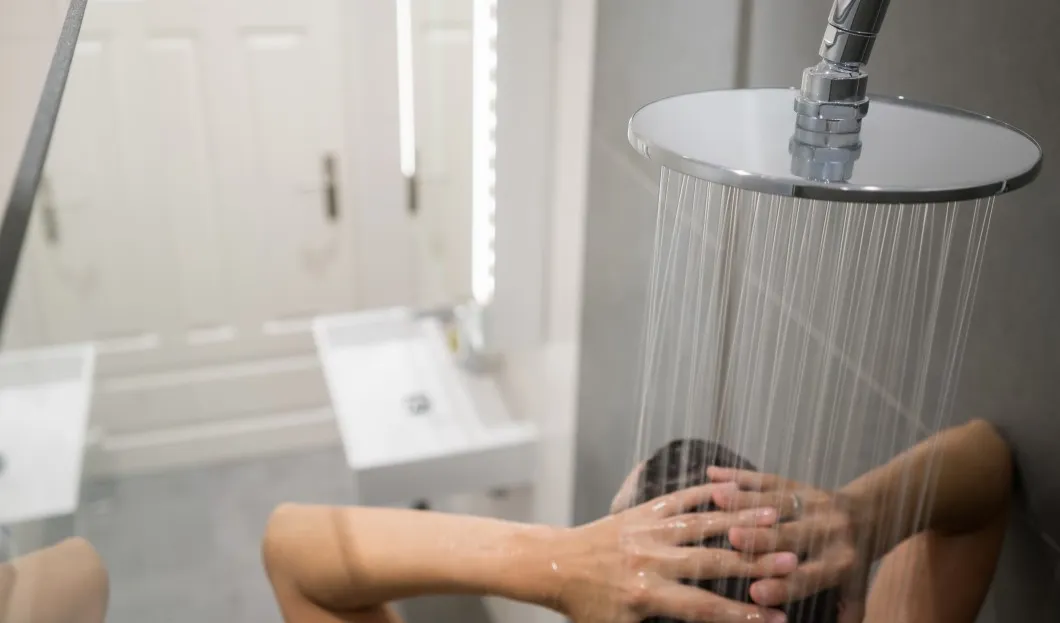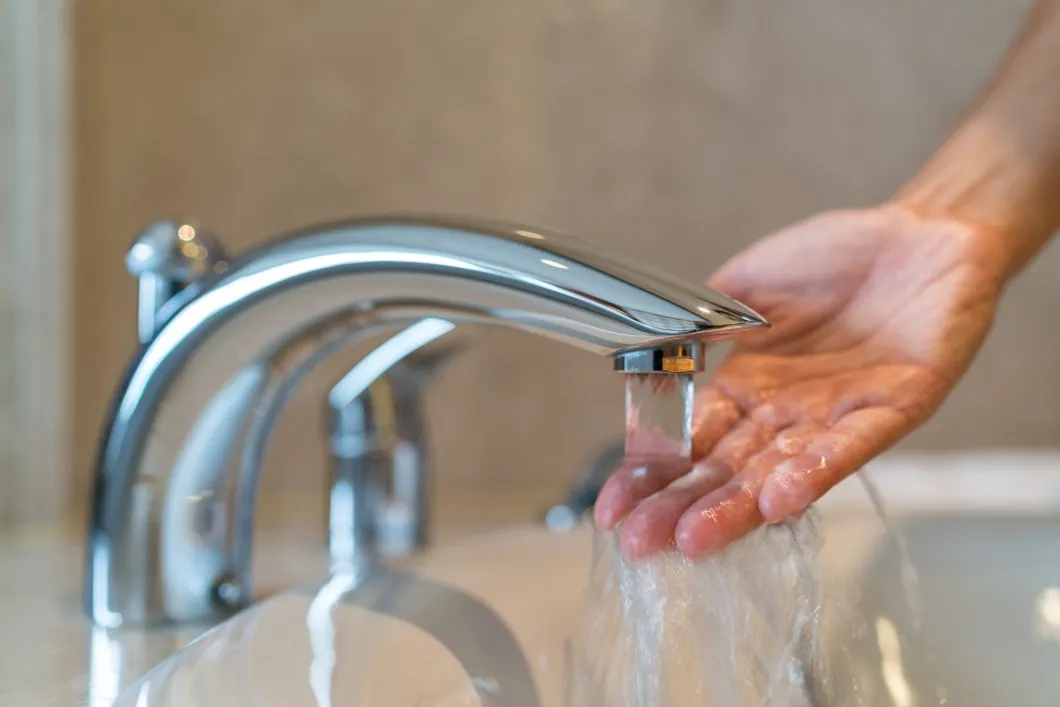
Although most hotels have taken environment-friendly measures, some travelers are responsible for huge wastes of natural resources.
Many times, environmental awareness is simply a matter of money, especially when it comes to water and energy consumption. We tend to turn off the faucet or the stove when at home, in order to avoid seeing a scary bill at the end of the month. On the other hand, it is not rare that “when arriving at a hotel, the first thing a guest does is turn on the air conditioner and fill the bathtub,” says Jaume Padilla, founder and CEO of Greencustomers, an online platform for eco-responsible accommodations and sustainable tourism tips.
To prevent this kind of waste, the hotel sector carried out “large investments to implement saving measures in the consumption of water and electricity,” says Manel Casals, general manager of Barcelona Hotel Association (Gremi d’ Hotels). Casals explains that these measures include installation of faucet aerators, LED lights, implementation of automatic on and off light sensors, reuse of gray water, or messages to reuse towels, among other steps taken.
However, all these measures did not prevent a guest from using 2,000 liters of water during a recent stay in only six hours, explains Padilla without revealing the name of the guest or the hotel. The CEO of Greencustomers also says that this is not an isolated case, although Casals points out that extreme cases such as this one are unusual.
For hotel establishments, the insane levels of water consumption are not a minor issue due to the high economic costs involved. If the average water consumption per person is 128 liters per day in Europe, the number triples for hotels, reaching up to 386 liters per guest for a single night in the case of a hotel chain such as RIU.
Even so, the biggest threat to sustainable tourism in hotel rooms is air conditioning. Padilla mentions examples such as “asking for blankets to sleep while having the air conditioner at 14 degrees, having air conditioning running all day even if you are outside the room, or running it with open windows.”

Beyond consumption of water and electricity, hotel rooms are also distinguished by offering small bottles of liquid soap or shampoo and other personal care amenities, all of them made of plastic, to be used and discarded.
And last but not least, there is the classic open buffet, which often wastes a considerable amount of food.
According to Padilla, the problem is that guests lack environmental awareness. His company introduced Greenroom sensors, and recommends installing them in every room which allows monitoring water and energy consumption live.
“Eight hotels in Barcelona have already installed these sensors and what they do is reward guests who have a responsible consumption by offering discounts at the bar or restaurant, free access to the spa or make donations to social causes,” Padilla explains and adds that, by the end of the year, there will be 15 hotels with the Greenroom system, and that they expect over 200 by the end of 2019.











This is one of the hardest things for hotels in all countries. When tourists are on holiday, they think they should enjoy wastefully. Everything given to them is wasted so i think water can be regulated in the bathrooms and this will help hotels improve their economy.